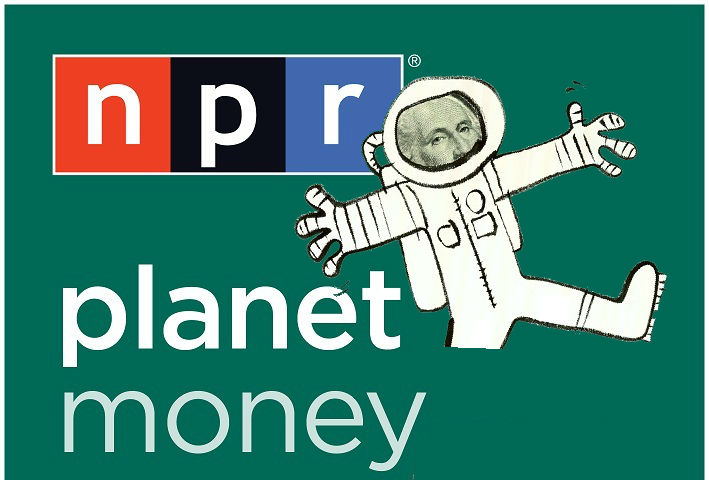No matter where you are in life, you can benefit from an evaluation of your finances. Even if you’re financially stable, there’s a definite benefit in setting up some type of budget. You never know when your circumstances may change or if you might suddenly want to use extra money toward an emergency or to splurge on something. Budgeting helps you keep track of how you spend your money and make sure you aren’t wasting it on anything unnecessary. With budgeting, you’ll gain greater control over your life and be able to prioritize your spending.
You could lose your job
I’ll start with the worst case scenario; you could be financially stable and not have to worry about money, but then you (or a spouse) could suddenly lose your job and realize that you have to make do with a lot less money. With budgeting, you understand how to live within your means and you’ve had time to save up extra money. Avoiding overspending helps discipline you, especially if money is scarce at times.
You can save up for big purchases
The better you budget, the more money you’ll have to save up (if you have expendable income that’s not going toward living expenses or debt). Avoiding overspending allows you to save money for larger purchases, like a vacation, a house, or even simply your future. After creating a budget, if you find that you have extra money, consider putting as much as you can toward a retirement fund if you don’t already have one.
You can quickly pay off debt
As you cut out overspending, you can put extra money toward debt. While you should also regularly be saving money, it’s almost equally important to pay off your debt as fast as possible. If you find that you have extra money, consider paying more on your debt each month. You’ll save interest and also have that many less payments to worry about.
You figure out what’s most important
When you start examining your budget and decide where to cut costs, you begin to realize what’s important and where you can avoid spending money. Maybe you have monthly subscriptions for services or products you rarely use. Maybe there’s another service you could use that would cost less. You might spend considerably more than you realize. It’s important to take an honest look at your spending habits and evaluate what matters most. This step allows you to stop wasting money and actually put it toward what matters.
You have more control
Maybe it doesn’t feel like it or maybe you feel overwhelmed by monetary concerns, but once you start budgeting, you’ll feel like you have more control over your life. Being financially stable frees you up to make decisions instead of always feeling like you have to worry about bills or when you’ll get your next paycheck. Gaining control over your finances leaves you feeling much more confident and reassured.



